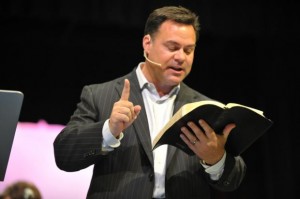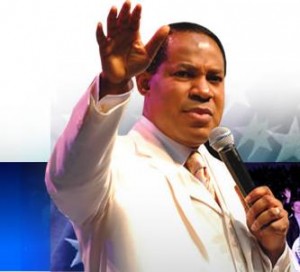Posted on October 9, 2014
The addiction problems that exist within the church are unsettling. Recent studies have found that addiction exists as much within the modern Christian church as it does in secular society. This is disturbing because it shows that, despite the Christian value of letting God influence every part of your life, most people are restricting God’s access to parts of their life. It is part of Christian theology to never place anything higher than God in your life, but these cases of addiction within the church prove that many people prefer escaping into pleasure more than going to God in surrender.
There are a number of reasons why people are indulging in this behavior.There are many problematic thought patterns that lead to addiction slipping under your spiritual radar. Many people justify addiction by reasoning that if they are hurting anyone, it is only themselves. Addiction obviously does not wrong another person on the same level that stealing or physically injuring does. However, not only does it emotionally wound those who are close to you, but it is also destructive to your body and your soul, which the bible says are the temple of God. There is no denying that addictive behavior is sinful behavior.
Many also tell themselves that if no one but them knows about it, it cannot possibly be a severe sin. One only has to take note of the numerous times the bible tells us that God sees our heart to know how errant this thinking is. God cares only for the condition of our hearts, not for how we appear to others.Surrendering addiction and trusting God enough to live without one hand on the escape hatch is not meant to be easy. In fact, it is supposed to be a true test of character. God wants to know that we rely on him heavily enough to be able to forego the things we are tempted to escape into. This is not to say that God wants us never to feel pleasure. He created us to enjoy a number of pleasures. But when we put these pleasures before him in importance, it is heart-breaking to him, and inspires the kind of jealousy that a wife would feel toward an unfaithful husband.


